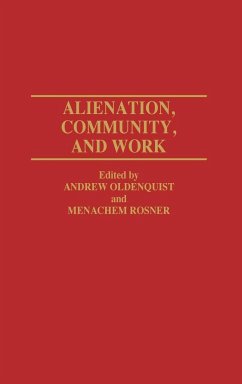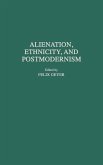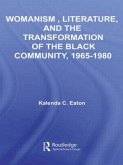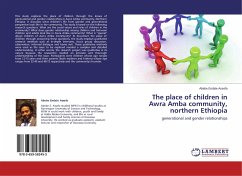In recent years there has been a resurgence of interest in alienation by writers throughout the world. At least in the economically advanced nations, one reason for the rediscovery of alienation is the need for a term to denote the relatively new phenomenon of dissatisfaction in the midst of material prosperity and political freedom. The contributors to this volume collectively seek a concept of alienation that will be a useful tool in social diagnosis--a key to identifying causes of undesirable social conditions. The result is a collection of essays in policy-oriented social theory, keyed to problems of modern life at the end of the twentieth century and written from richly diverse cultural, political, and philosophical backgrounds. The linchpin of the volume is the essay by Melvin Seeman, which discusses and connects two distinct approaches to alienation theory, one that emphasizes subjective feelings and one that emphasizes social structures as definitive of alienation. The other essays range from theoretical critiques of Marxist and Durkheimian explanations, to the role of alienation in political systems in East and West, to empirical studies in Swedish factories and among Israeli kibbutzim. In all the essays, the idea of alienation as a loss of the sense of belonging to community plays a role. Some of the essays are critical of a communitarian approach, some deal with it obliquely and others overtly espouse it. All are policy oriented, suggesting explicitly or indirectly work- and community- dealienation strategies for modern industrial societies. This book is useful as a supplementary text in social and political philosophy courses, and sociology and social psychology courses dealing with urban problems.
Hinweis: Dieser Artikel kann nur an eine deutsche Lieferadresse ausgeliefert werden.
Hinweis: Dieser Artikel kann nur an eine deutsche Lieferadresse ausgeliefert werden.








